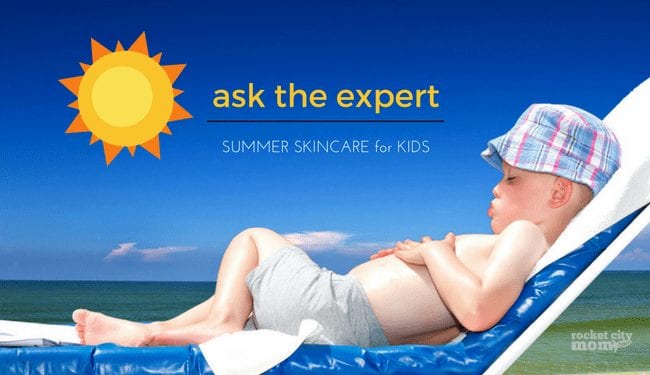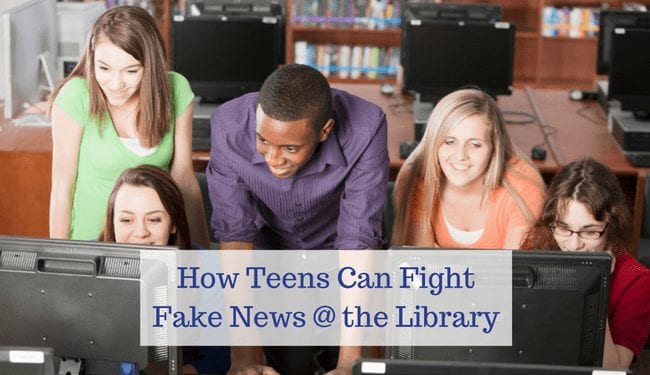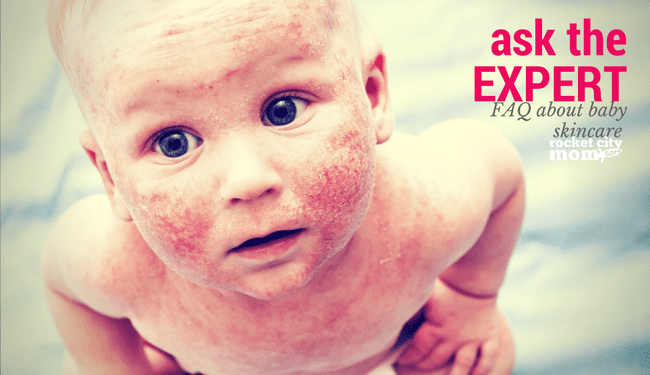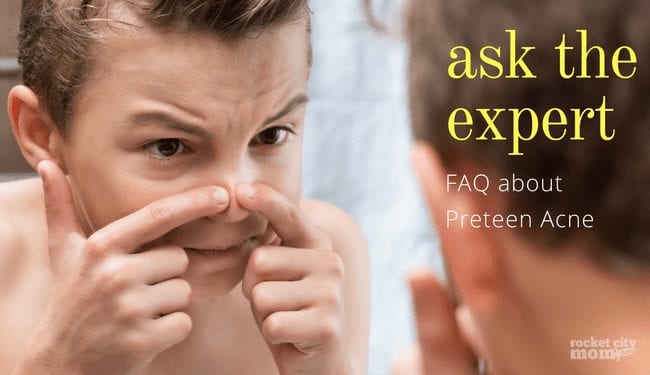Serious Summer Skincare for Your Family

Q. – I’ve heard any sunscreen over 50 SPF is overkill and doesn’t work. Is that true?
When using sunscreen you want to have a 30 SPF or above with broad spectrum (ultraviolet A – UVA and ultraviolet B – UVB) coverage. A 30 SPF blocks about 97% of the ultraviolet B rays. You do get more protection as you go higher but the difference is less as you go higher. A higher number is helpful as long as it is cost effective in comparison to the other options. However, you do want to be careful about getting a false sense of security from a higher SPF; it doesn’t mean that you can be less aware of your sun exposure. Proper amount of product (about 1 ounce, the equivalent of a shot glass, for the exposed areas of the body) needs to be applied as well as reapplying every couple of hours or as often as the label indicates. You might have to apply more frequently if sweating or there is a possibly of having it rubbed off. Most people don’t use enough or reapply as often as they should, so for that reason the extra SPF is sometimes helpful also.
Q. – Is spray sunscreen really bad for my baby? Is there a safe way to apply it?
Topical application is safe and there are ongoing studies to evaluate the effect of accidental inhalation. Ideally you don’t want to spray around the head and neck or when windy enough to cause significant inhalation. An easy way to use it is to spray it in your hands then rub it on your child. One other concern with sprays is that you sometimes have a harder time applying the correct or even amounts to the skin which causes unintended exposures. Even though there is no data to support danger from topical sunscreens, if you do not use sprays and prefer avoid chemicals, then select a “physical blocker” as your choice – one that utilizes the minerals titanium or zinc.
Q. – What are your favorite sunscreen brands to recommend for kids at the beach and pool this summer? How often should I reapply? Do I need to wait for a certain amount of time after applying before hitting the pool?
Thankfully there are a lot of good options compared to years ago. We often recommend CeraVe, Cetaphil, Vanicream, Aveeno, Neutrogena and others as over the counter options. For an adult, we have also cosmeceutical options in our office that provide UV protection along with antiaging, fading or other properties. Any sunscreen should be at least a 30 SPF and broad spectrum (UVA and UVB) coverage. Typically reapplication needs to be every couple of hours with slight variation if you are active or sweating versus sitting in the cool shade. Generally you want to wait at least 15 minutes after applying sunscreen before you go outside or get wet.
Q. – Does sunscreen have an expiration date? Is it safe to use sunscreen I bought last September?
Most sunscreen bottles should have an expiration date listed and it can be up to three years. So it is possible that a year old sunscreen is still useful. If the date has passed then you would need to get a new bottle to ensure that you are fully protected as expected.
Q. – My toddler HATES her sunglasses & sunhat. Are they necessary for the beach & pool? Should I insist? If so, do you have any tips on how to keep them on?
In an ideal world you really do want to have full protection for kids if they are outside playing or at the pool. Sunscreen, shade and umbrellas are helpful but the glasses and hats to add a level of protection. Unfortunately most of our skin damage is done as we are growing up and causes problems the more we age So early prevention will do a great amount of good as your child gets older.
We do treat a high number of skin cancers on the scalp and around the eyes and the patients usually relate that they never wore hats or other protection. BUT, in the real world, that is definitely sometimes hard to do. The earlier you get your kids used to using sun protective clothing and habits, the more it becomes normal for them (yes, it will take some effort!). Also, being a good role model does help since they sometimes want to mimic parents and siblings.
Q. – My 14yo thinks that an SPF 15 is enough for her to protect her skin while also getting a good base tan this summer. What advice would you tell a teenager who wants a summer “glow” to practice safe skin care?
A 15 SPF is definitely not enough protection. The minimum SPF for adequate protection should be a 30 or higher. The other part of the question addresses one of the bad myths in skin protection. There is no such thing as a “base tan” or good tan. Tanning is your body’s response to ultraviolet damage to your cells. The problem is that if you try to tan to protect yourself you have actually damaged your skin, exactly what you want to avoid. The immediate pigment darkening from tanning is not a long-term aid against burns so the false “base tan” creates false security when you do go out. If you want a “glow” then you should either use a self tanner or spray tan. These options have improved over the years and can be done without getting the orange colored skin as in the past. It’s hard to get a teen to think in the future sometimes but that glow now is traded for wrinkles, sunspots, thin skin and skin cancers when they are older.
Q. – What is the most overlooked area parents forget to apply sunscreen to on their wriggly kids?
It’s always tough to hit a moving target, especially when they don’t want to be the target. The scalp is an often missed area. Especially for thin or minimal hair babies this needs attention – plus a hat. The ears sometimes get missed also, particularly the backs of the ears and the neck area. Another forgotten area is the feet. This area is one that the sunscreen can get rubbed off quickly and easily also so it might need application more often.
Q. – My baby has really sensitive skin. Are there any natural sunscreen products I can use?
Sometimes the term “natural” doesn’t equate to good or even adequate so we have to be careful what we are referring to (remember, poison ivy is natural). There are two types of sunscreens, chemical blockers and physical blockers. Usually if there is a sensitivity to a sunscreen it is to a chemical blocker (oxybenzone, avobenzone, etc) so those can definitely be avoided if needed. The physical blockers utilize the naturally occurring minerals zinc and titanium to obtain UV blockade. These are the only non-chemical products that provide the protection needed despite what some “natural” companies claim. It is very unlikely that zinc or titanium could cause a problem and any sensitivity would probably come from the other ingredients in the sunscreen. So trying a different brand or type of physical blocker is a good next step if there seems to be sensitivity to a zinc or titanium product.
[themify_box style=”lavender”] ABOUT THE EXPERT: Dr. Albert E. “Bo” Rivera is a licensed physician and surgeon at Southeastern Skin Cancer & Dermatology, board-certified diplomat of the American Osteopathic College of Dermatology, a fellowship-trained member of the American College of Mohs Surgeons as well as member of several dermatology and medical specialty organizations such as the American Society for Dermatologic Surgery, American Society for Mohs Surgery, American Academy of Dermatology, Skin Cancer Foundation and the Madison County Medical Society. Dr. Rivera also enjoys time with his wife, Stephanie, a daughter who was born in 2015 and their Labradoodle.[/themify_box]
ABOUT THE EXPERT: Dr. Albert E. “Bo” Rivera is a licensed physician and surgeon at Southeastern Skin Cancer & Dermatology, board-certified diplomat of the American Osteopathic College of Dermatology, a fellowship-trained member of the American College of Mohs Surgeons as well as member of several dermatology and medical specialty organizations such as the American Society for Dermatologic Surgery, American Society for Mohs Surgery, American Academy of Dermatology, Skin Cancer Foundation and the Madison County Medical Society. Dr. Rivera also enjoys time with his wife, Stephanie, a daughter who was born in 2015 and their Labradoodle.[/themify_box]

Rocket City Mom is a website about raising children in and around Huntsville, Alabama. Started in late 2010 by a local mom and newcomer to Huntsville, Rocket City Mom has grown into a thriving community of local parents and now boasts a staff of four, thirteen regular contributors, and tens of thousands of Tennessee Valley readers making it the #1 Parenting Resource in North Alabama.







